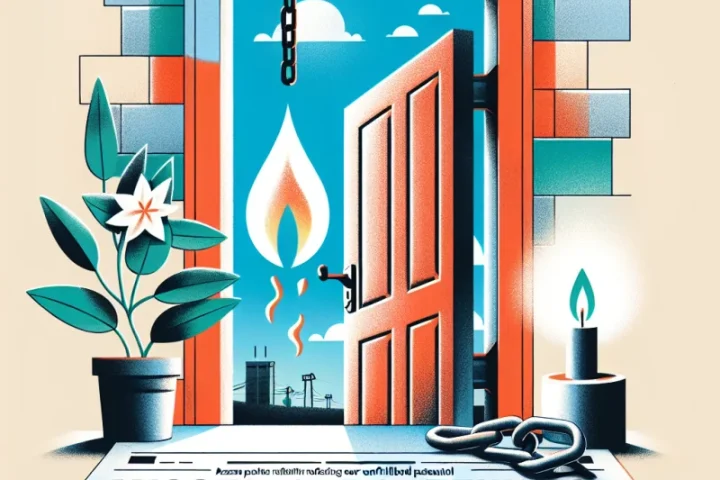A coalition of 19 EU countries has come together to condemn Israel’s new aid regulations in Gaza, warning that the rules will only worsen the already dire humanitarian situation in the region.
The new requirements, which were agreed upon in March and are set to be implemented in early September, are expected to increase bureaucratic hurdles for non-governmental organizations providing aid in the occupied Palestinian territories (OPTs). This move could potentially lead to the deregistration of a majority of international NGOs by September 9, according to the United Nations.
In a joint statement signed by the foreign ministers of the 19 EU nations, as well as those from Iceland, Norway, Switzerland, Australia, Canada, Japan, and the U.K., the escalating humanitarian crisis in Gaza was highlighted. The statement emphasized the urgent need to address the unfolding famine, stating, “Humanitarian suffering in Gaza has reached unimaginable levels.”
Expressing concern over the potential politicization of aid, the coalition stressed the importance of protecting humanitarian space and urged Israel to authorize all international NGOs to operate in the OPTs. The statement also called for the unimpeded entry of crucial aid supplies into Gaza through the United Nations and international NGOs.
Furthermore, the coalition demanded that lethal force should not be used at aid sites, citing reports of Palestinians being targeted by snipers and tanks while attempting to access aid.
EU High Representative Kaja Kallas and European Commissioners Dubravka Šuica and Hadja Lahbib endorsed the statement, with Lahbib publicly denouncing Israel’s actions in Gaza, particularly criticizing plans for a potential military takeover of Gaza city as “catastrophic.”
Amid escalating tensions, European Commission Vice President Teresa Ribera likened the situation in Gaza to genocide, a claim that Israel and its allies have vehemently denied.
Notably, the foreign ministers of Austria, Bulgaria, Croatia, Czechia, Germany, Hungary, Poland, and Romania did not sign the statement, underscoring the divergent views within the EU on the Gaza crisis.
Israel’s conflict with Hamas militants in Gaza, stemming from an attack in October 2023 that resulted in significant casualties, has left the region devastated. The destruction of critical infrastructure, including water and sanitation facilities, has further exacerbated the humanitarian crisis, leading to a staggering death toll and widespread displacement.
As voices of dissent within European institutions grow louder, with some civil servants openly rebelling against perceived complicity in the Gaza crisis, the international community continues to grapple with finding a sustainable solution to the unfolding tragedy in the region.

















